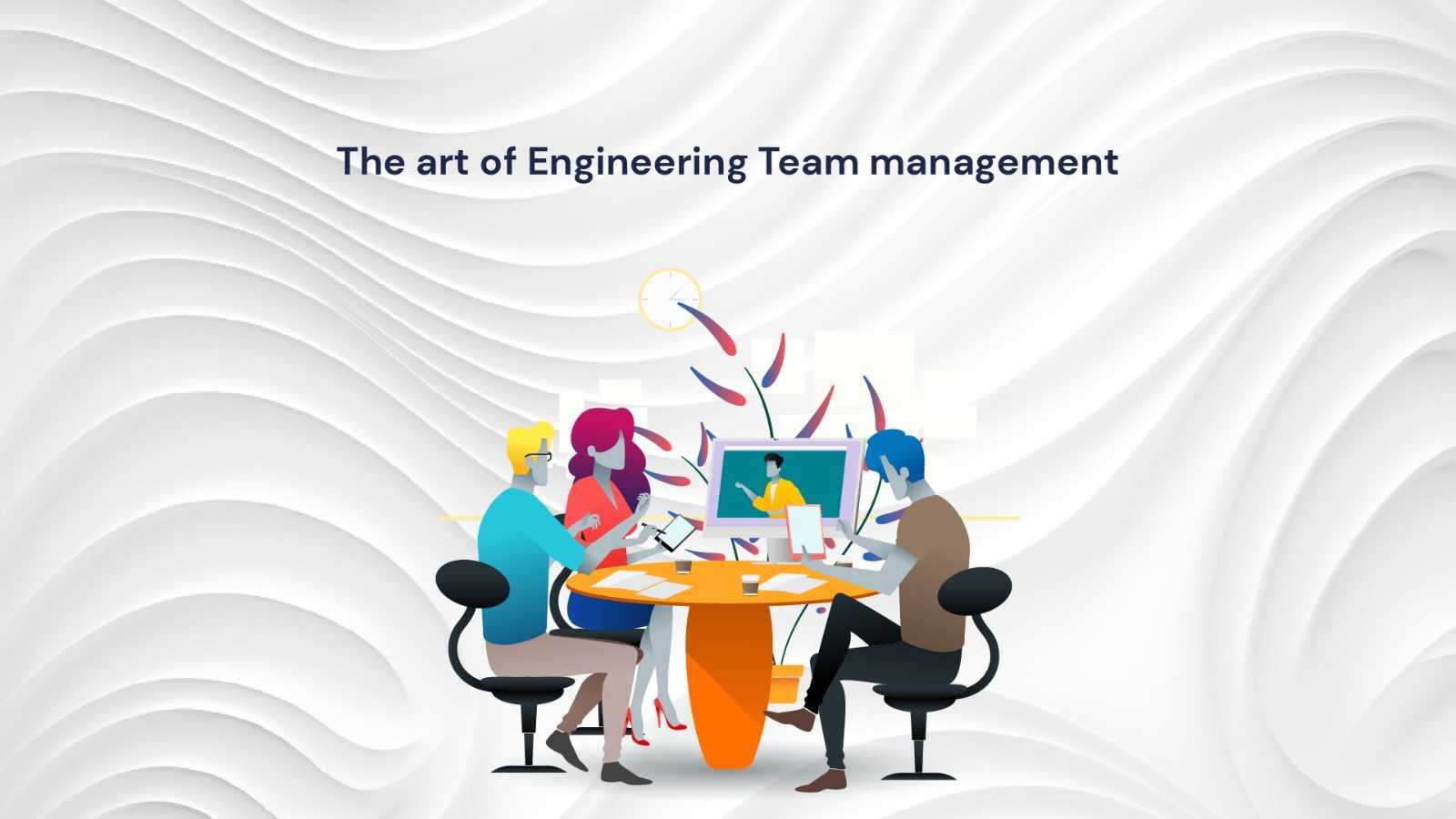Physical address:
573 Hutchinson Ln, Lewisville, TX 75077, USA.
Introduction
In the time of modern technology and creativity, managing an engineering team is challenging and rewarding. This managing a team includes balancing technical leadership, team dynamics and strategic vision to develop new products. Managing a team is the job of a manager. Effective engineering team management needs a mixture of skills and approaches.
Table of contents
Tips for Engineering Team Management
Below are some tips and best practices for engineering team management:-
Setting the vision and goals
Setting the vision and clear goals is the base of the engineering team. As a manager it is very important to express the goal that matches the company’s mission and encourage the team. The vision should be broken down into actionable goals. This gives a team a roadmap to follow:-
- Clear Communication
The clear communication between team members guarantees that every team member has understood the vision of the manager. Moreover, they also understand their role in achieving it. This promotes the sense of purpose and direction. - SMART Goals
Set specific, measurable, achievable, relevant and time bound goals to track progress and maintain focus.
Build a strong team culture
The culture of a strong team acts as a backbone of a creative engineering team. This promotes partnership, creativity and strength. This allows teams to deal with challenges effectively.
- Promote Collaboration
Promote open communication and collaboration through open meetings, brainstorming sessions and shared project tools. - Promote Inclusivity
Create a bias free environment where different opinions are valued. This variety of opinions brings creativity and improves problem solving. - Recognition and Reward
Appreciate the achievements and hard work of the team. Recognize the work of the team formally or informally. This will boost morale and encourage team members to improve more.
Technical Leadership and Mentorship
Effective engineering team management is done by leading and mentoring. Strategic planning and vision are very important. Also, understanding the technical aspects of work is equally important.
- Technical Proficiency
As a manager, staying technically skillful helps you to make informed decisions. Moreover, it gives valuable guidance. Also it is important to trust your technical lead and experts. - Mentorship and development
Support the professional growth of your team members through mentorships, training opportunities and career development plans. This investment in their skills pays dividends in team performance.
Agile Methodologies and Flexibility
Adopting agile methodologies can greatly improve the efficiency of an engineering team. Agile methods organize repetitive development, constant feedback and adaptability.
- Sprint planning and retrospective
Use sprint planning for short term goals and retrospective to reflect on what’s working and what is not. This constant improvement cycle keeps the team agile and responsive. - Flexibility
Be open to change and encourage the team to adjust with new information and conditions. Flexibility is important in changing technological fields.
Related links you may find interesting
Resource management and prioritization
Effective resource management is important for engineering team management. It guarantees that the team has essential tools and support to success. This involves managing time, budget and personnel.
- Prioritization
This helps the team to organize the tasks and projects based on their influence and alignment with strategic goals. You should not overload the team. This could result in burnout. - Tooling and Infrastructure
Give essential tools, technologies and infrastructure that help teams to work efficiently and creatively.
Improving innovation and creativity
Creativity is the lifeblood of engineering. It is the role of the manager to create and give team members an environment where innovation flourish.
- Encourage Experimentation
Help team members in exploring new ideas and technologies. It is the responsibility of the manager to promote a culture that bears the mistake as a part of learning. This brings creativity and productivity. - Cross-functional collaboration
Promote collaboration with other departments such as design, marketing and product management. Creative ideas usually result in big inventions.
Feedback and Performance management
Constant feedback and performance analysis are important for constant improvement and growth.
- Constant feedback
Give good feedback time by time. This will help team members to improve. Focus on their behavior and results instead of personal attributes. - Performance reviews
Conduct regular performance reviews to discuss achievements. Moreover, set the future goal and determine the areas for more improvement and development.
Conclusion
Engineering Team Management is a multifaceted challenge. This needs a balance of technical knowledge, leadership skills and emotional intelligence. By setting a clear vision, improving a positive culture. Moreover, constant learning and innovation managers can build and lead teams that not only meet their goals but exceed them.


